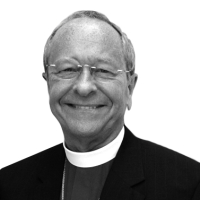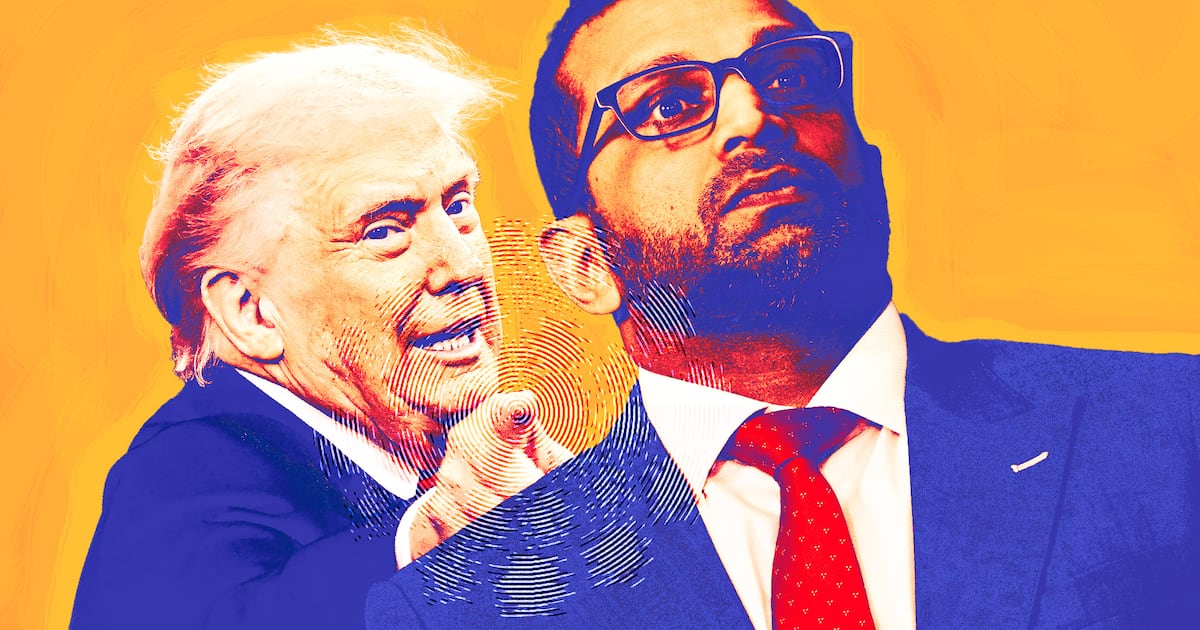Maybe you’re religious, and maybe you’re not. Maybe you’re one of many who claim to be spiritual but not religious—which I take to mean that you hold many of the values espoused by one religion or another, but you’re highly suspicious of organized/institutional religion and its failure to live out its stated values. It reminds me of G.K. Chesterton’s famous line: “The Christian ideal has not been tried and found wanting; it has been found difficult and left untried.”

Like it or not, the fact is, religion is at the heart of many of the issues that face us as a nation. Separation of Church (synagogue, mosque) and State may be the law of the land, but religion affects almost everything we say, do and legislate in America, positively or negatively. My own opinion is that we have seen the conservative Religious Right exercising an undue and unhelpful influence on those who legislate on our behalf. They have virtually claimed the airwaves as their own, espousing their understanding of God and God’s will for us, attempting to bring the laws of our nation under the aegis of their particular discernment of God’s will—often with disastrous effect. Most days, I’m pretty sure God is weeping over what is done and said in God’s name.
Today, I begin a regular column (appearing most every weekend) for The Daily Beast on the topic of religion and its effects on our understanding of ourselves, our laws, and the issues that face us as a nation. Much of what we face as a nation involves religion—either overtly or as a none-too-subtle subtext: abortion, contraception, the inclusion of gay, lesbian, bisexual and transgender people, the mandate to care for society’s most vulnerable, welcoming (or not) the stranger/immigrant among us, the growing rift between rich and poor, and countless other issues. All of them involve how we see ourselves as a people and how our religious/spiritual views shape that self-understanding.
In this introductory piece, perhaps it will be helpful to state right up front who is doing the writing. I am a Bishop of The Episcopal Church, having served as the Bishop of New Hampshire for a decade, before retiring in January 2013. You can’t get much more “bought into” religion than being a bishop, and I will write as a critical insider. I have (almost) never not been a part of the Church, growing up in a conservative, tiny congregation of the Disciples of Christ denomination in rural Kentucky. By high school, I had largely rejected the narrow and exclusivist view of my little parish church, and then found an expansive and inclusive home in The Episcopal Church in college. After serving a northern New Jersey parish right after seminary, I moved to New Hampshire and served the church there until my retirement.
In 2003, I was elected Bishop of New Hampshire, causing a veritable storm in The Episcopal Church and the worldwide Anglican Communion, being the first openly gay and partnered priest ever to be elected Bishop in the historic succession of bishops. While that drama is fairly settled in the American Episcopal Church (Mary Glasspool became the second gay bishop in The Episcopal Church in 2010), the controversy still rages within the Anglican Communion. A similar struggle is under way in the Lutheran, Presbyterian and Methodist denominations. Despite clear teachings about the limits of belief and action by LGBT people, that struggle is also evident in the Roman Catholic and evangelical communities as well.
Much of what you will read here will be critical of organized religion, since along with Chesterton, I believe in Christianity but seldom see it put into practice. Love is the central theme of the Bible, and yet we find it so hard to live lives of love. The enemy of love is not hate, but fear. When confronted by those who seem filled with hate, I try to ask “What are they afraid of?” with as much sympathy as I can muster. Responding to hate with love is one of the most daunting tasks of those who claim to follow Jesus.
This column will also go far beyond Christianity. God is infinite, and it comes as no surprise to me that there have developed, over time, many credible and faithful approaches to understanding God. In the end, no religion holds a lock on the reality of God. Each religion grasps only a part of the infinite God and offers insight into God’s reality, and we would do well to exercise a good measure of humility in claiming we know God’s will. Better to begin each pronouncement we make about God with “In my experience…” or “From my perspective…” or simply “For me….” At the end of the day, no matter how much we believe we know God’s will, we must acknowledge that each of us is only doing the best she/he can.
Some things seem certain, no matter the perspective from which we view the Creator: God cares more about justice than about rules. God loves all of God’s children—from the most holy to the most despicable. God especially cares for the poor, the needy, the imprisoned, the disabled, and the most vulnerable among us. As Dr. King was fond of saying (paraphrasing 19th century Unitarian minister Theodore Parker), “The arc of the moral universe is long but it bends toward justice.” That theme will permeate everything you read here.
I believe that there is a right and appropriate way for religion and religious thought to influence the issues that face us. I will attempt to do that in these Daily Beast columns, appearing most weekends. You are invited to respond, agreeing or disagreeing with me from your own perspective. My assumption will be that you (along with myself) are attempting, as best we can, to understand and discern the will of God and apply it to your everyday life and our common life as a nation.
I hope you will come along for the ride!






